
What Happens If You Eat 4 Whole Eggs Every Day for 30 Days?
For decades, eggs—especially the yolks—have been unfairly labeled as harmful because of their cholesterol content. Many people were told to avoid them altogether or eat only the whites. But what would truly happen if you ate four whole eggs every day for an entire month?
Surprisingly, the results are far more positive than most people expect.
Let’s take a closer, evidence-based look.
Key Takeaways
-
Eggs are incredibly nutrient-dense and deliver a wide spectrum of essential vitamins and minerals.
-
The long-standing fear of cholesterol in eggs is outdated and largely disproven.
-
Whole eggs support brain health, metabolic balance, immune function, and muscle repair.
-
Egg quality matters: pasture-raised eggs carry significantly more nutrients than conventional eggs.
-
Consistent daily intake can lead to noticeable improvements in energy, satiety, and overall physiological function.
The Cholesterol Myth—Where It Really Came From
For years, dietary guidelines warned that cholesterol and saturated fat were the driving forces behind heart disease. This belief largely came from the Seven Countries Study led by Ancel Keys in the 1960s. However, modern researchers have pointed out major flaws in that study:
-
It excluded countries that contradicted the hypothesis.
-
It failed to consider lifestyle and refined carbohydrate intake.
-
Later studies showed no consistent link between dietary cholesterol and heart disease.
Despite its weaknesses, the study shaped decades of nutrition advice—encouraging low-fat, high-carb diets that many experts now argue contributed to the rise of obesity, diabetes, and metabolic syndrome.
Today, multiple analyses confirm that for most healthy individuals, cholesterol from eggs does not raise the risk of heart disease and can even improve HDL (“good”) cholesterol.
Nutritional Power of Four Whole Eggs a Day

Eggs are one of the most complete natural foods on the planet—especially the yolk. Eating four whole eggs daily provides a rich dose of micronutrients, including:
From the yolks:
-
Vitamin B1: 10% DV
-
Vitamin B2: 28% DV
-
Vitamin B5: 41% DV
-
Vitamin B6: 14% DV
-
Folate: 25% DV
-
Vitamin B12: 55% DV
-
Vitamin D: 18% DV
-
Choline: 101% DV
From the whites:
-
Vitamin B2: 45% DV
-
Small amounts of B5, folate, and B12
When consumed together as whole eggs, nutrients synergize, creating a more balanced and bioavailable profile:
-
Vitamin B2: 73% DV
-
Vitamin B12: 60% DV
-
Choline: Over 100% DV
-
Vitamin D, B vitamins, and folate in meaningful amounts
Choline and DHA—two nutrients many people are deficient in—play a major role in memory, focus, mood, and overall brain function.
A Complete Protein Source
Eggs contain all nine essential amino acids, making them a perfect, high-quality protein source.
Four eggs provide roughly 51% of your daily protein requirement, including:
-
Isoleucine: 94%
-
Phenylalanine: 90%
-
Valine: 88%
-
Leucine: 67%
-
Lysine: 61%
-
Tryptophan: 69%
This makes eggs extremely effective for muscle growth, tissue repair, metabolic regulation, and maintaining lean body mass.
Additional 20% content added:
Egg protein has one of the highest biological values of any natural food, meaning your body can absorb and use it more efficiently than many protein powders, meats, and plant-based sources. This is part of why athletes, fitness enthusiasts, and even medical nutrition programs often rely heavily on eggs for recovery and strength.
Why Egg Quality Matters
Pasture-raised eggs outperform regular eggs in nearly every nutrient category:
-
2x more DHA omega-3
-
3–4x more vitamin E
-
Up to 4x more vitamin D
-
Higher antioxidants like lutein and zeaxanthin, which protect vision and skin
-
Brighter yolks with more carotenoids
Even though high-quality eggs may cost more, their nutrient density per dollar is significantly higher. In other words, you’re paying for real nutrition, not just calories.
What Happens After Eating 4 Eggs Daily for 30 Days?
If you keep up this habit for a full month, here’s what you may notice:
1. Sharp Increase in Nutrient Intake
Your body receives a daily supply of essential vitamins, minerals, and fatty acids—many of which are difficult to obtain from typical diets.
2. Better Appetite Control
The combination of protein and healthy fats helps stabilize blood sugar and keeps you full longer, reducing cravings and unnecessary snacking.
3. Improved Brain and Nervous System Function
Choline and DHA directly support:
-
memory
-
focus
-
mood stability
-
cognitive processing
4. Better Metabolic Health
Egg intake is associated with:
-
decreased inflammation
-
improved insulin sensitivity
-
more stable energy levels
5. Enhanced Muscle and Tissue Repair
Amino acids support recovery, muscle building, and overall physical performance—even if you’re not an athlete.
6. Stronger Hair, Skin, and Nails (new addition)
Biotin, B12, and fatty acids support keratin production, which may lead to stronger nails, shinier hair, and better skin elasticity.
Conclusion

Eating four whole eggs a day for 30 days can be a surprisingly powerful boost for your overall health. The old cholesterol fears have been debunked, and the nutrient richness of eggs makes them one of the most complete, affordable superfoods available.
If you choose pasture-raised eggs, the benefits become even more profound—from better brain support to improved metabolic function.
So if you’ve been avoiding egg yolks due to outdated myths, this is your sign to rethink your breakfast—and embrace one of nature’s most perfect foods.
News in the same category


Never Toss Banana Peels Again: The 2,000-Year-Old “Trash” Trick That Erases Wrinkles, Heals Scars, Whitens Teeth & Drops Blood Pressure Overnight

The $5 Kitchen Secret: Why You Should Be Brushing Your Teeth with Turmeric and Baking Soda
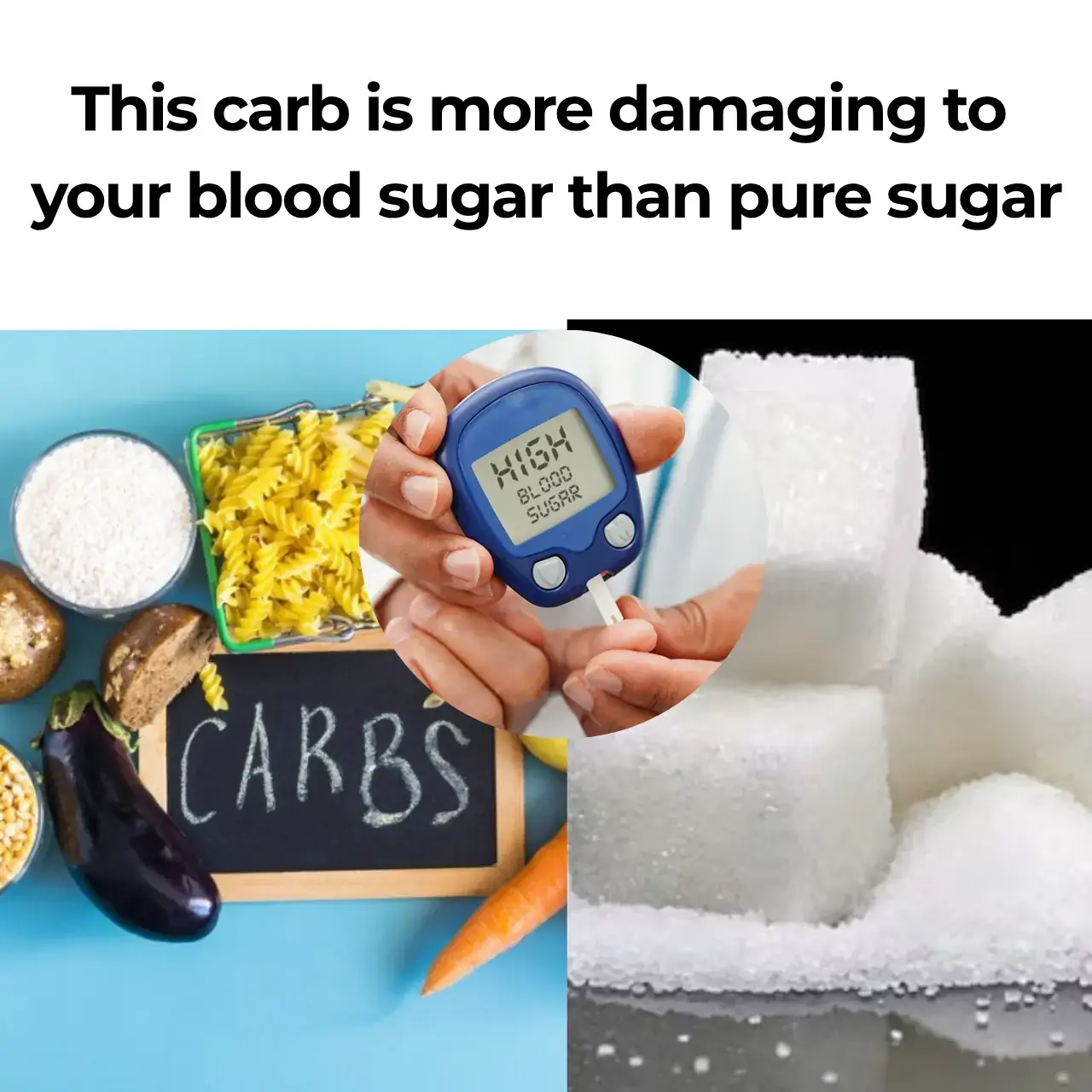
This carb is more damaging to your blood sugar than pure sugar
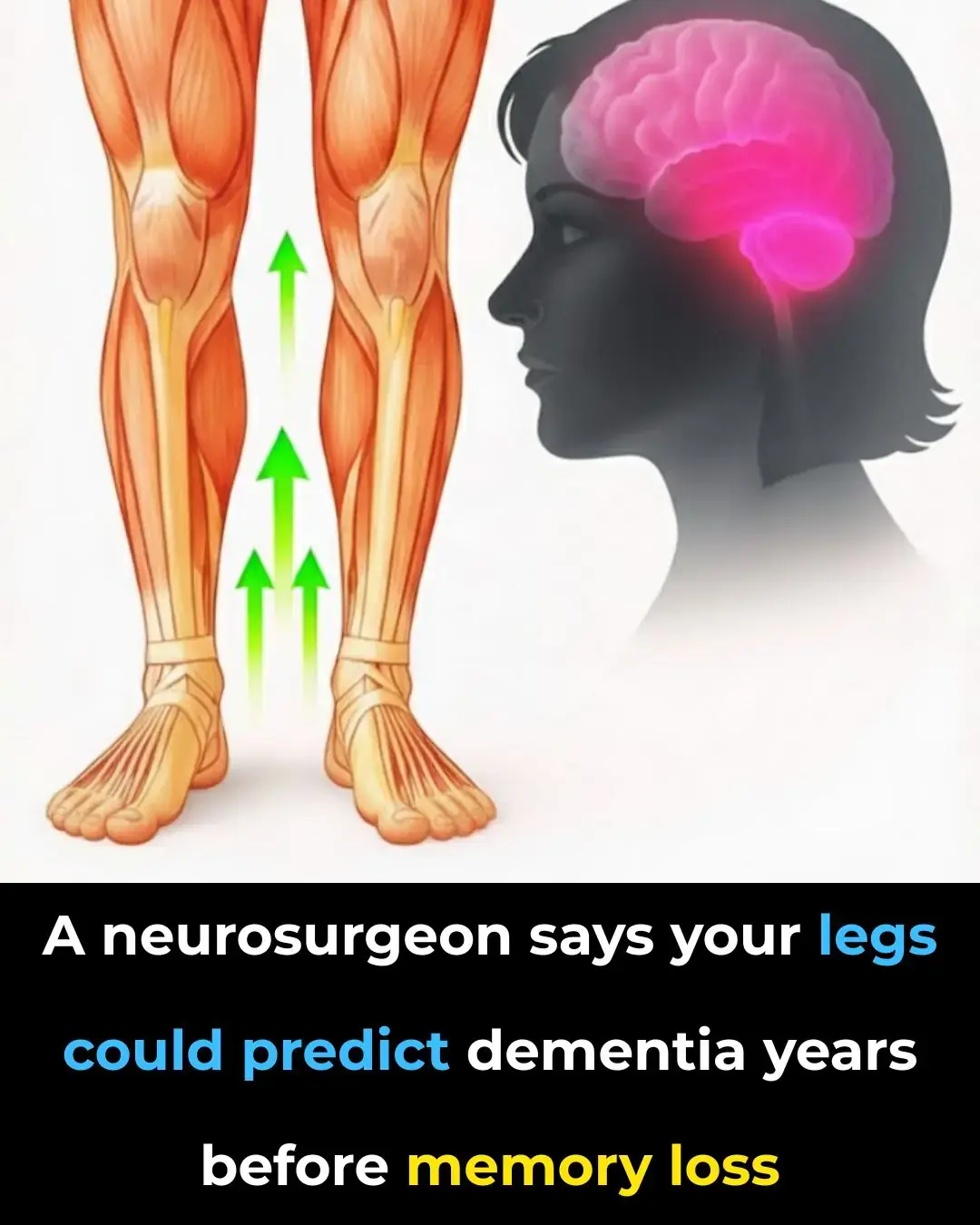
A neurosurgeon says your legs could predict dementia years before memory loss
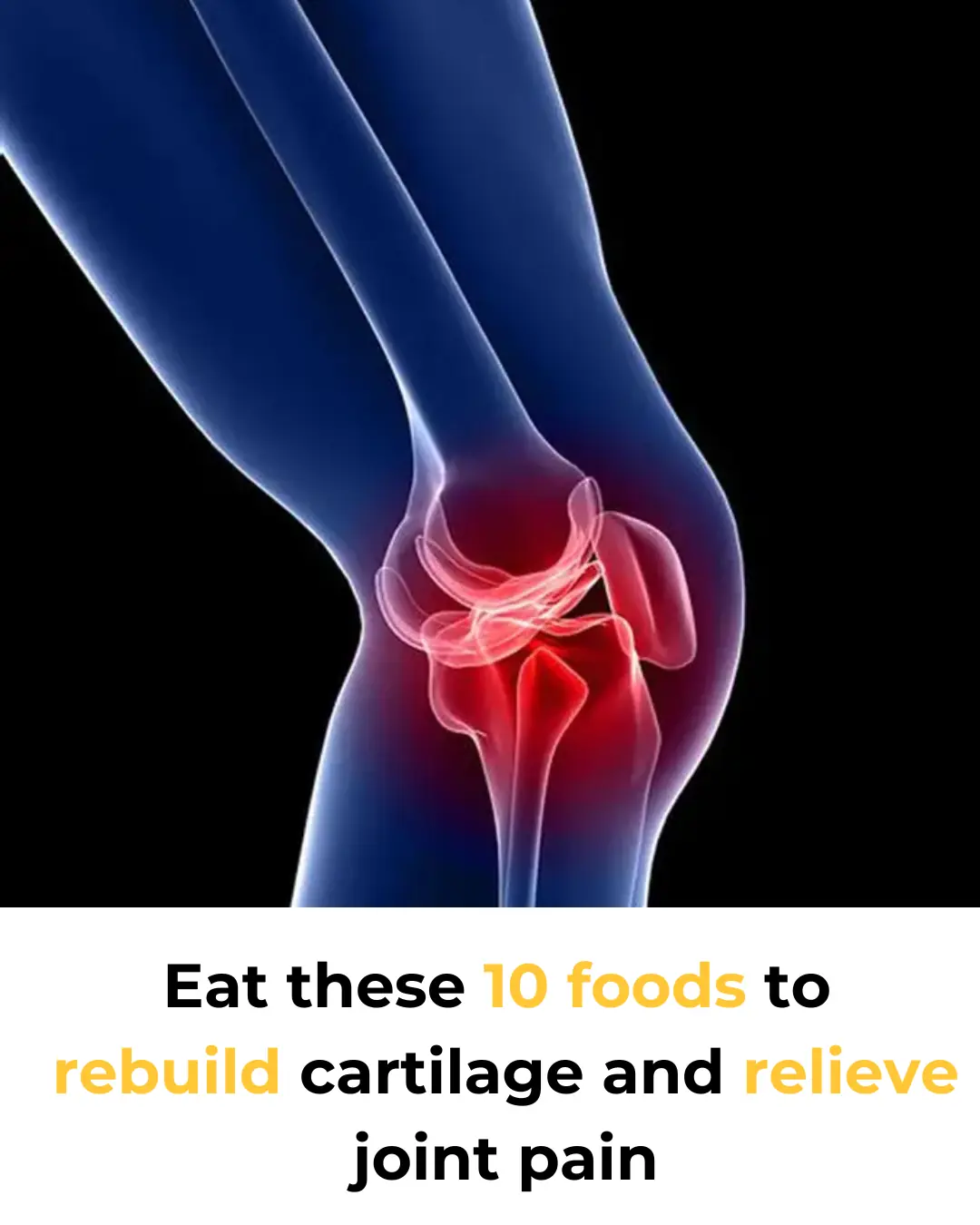
Top 10 Foods to Heal Knee Pain and Rebuild Cartilage Naturally

Avoid Ginger If You Have THESE Health Problems

The step-by-step plan to drop 30 pounds quickly in 2025

Got High Blood Pressure? Try This 2-Ingredient Tea!
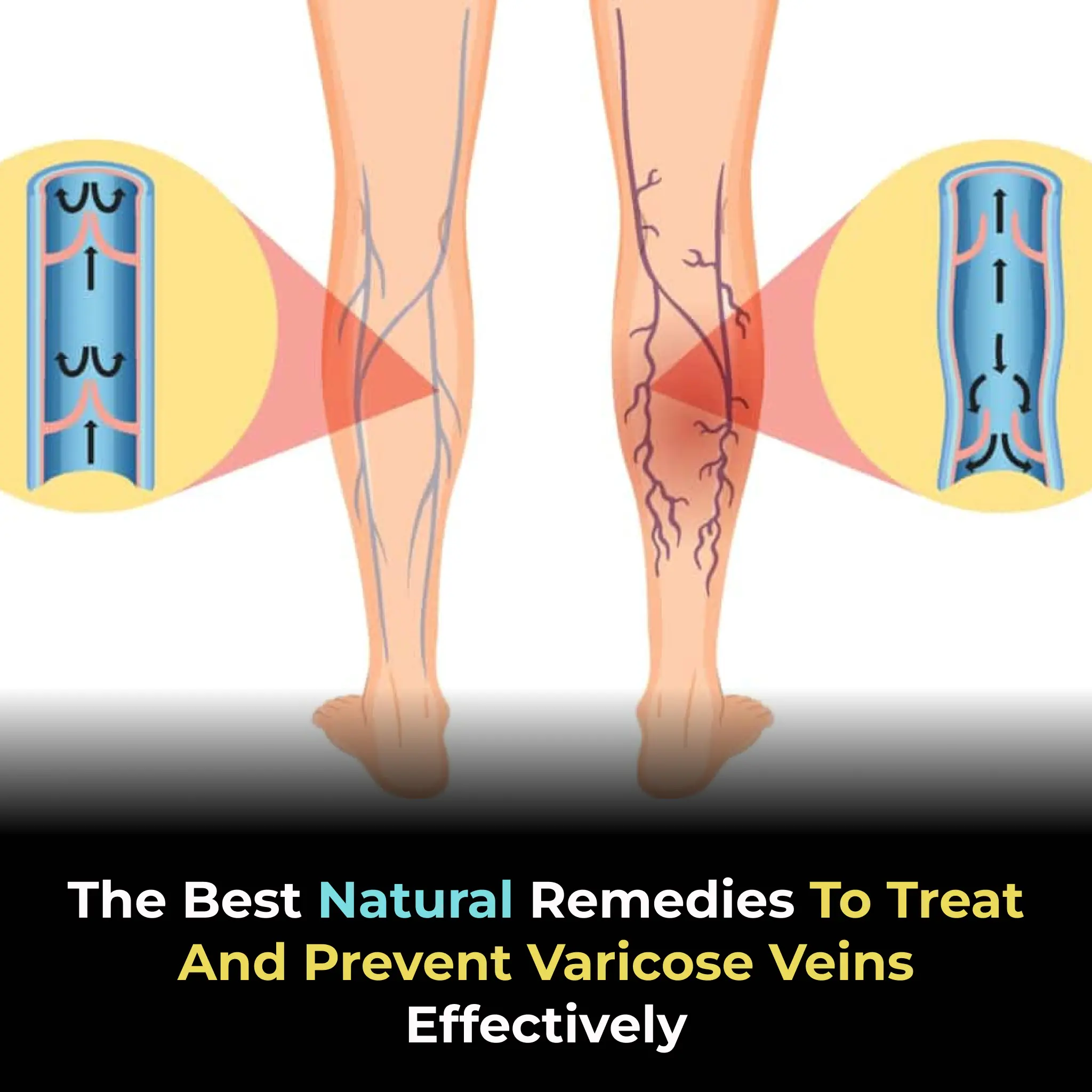
The Best Natural Remedies to Treat and Prevent Varicose Veins Effectively
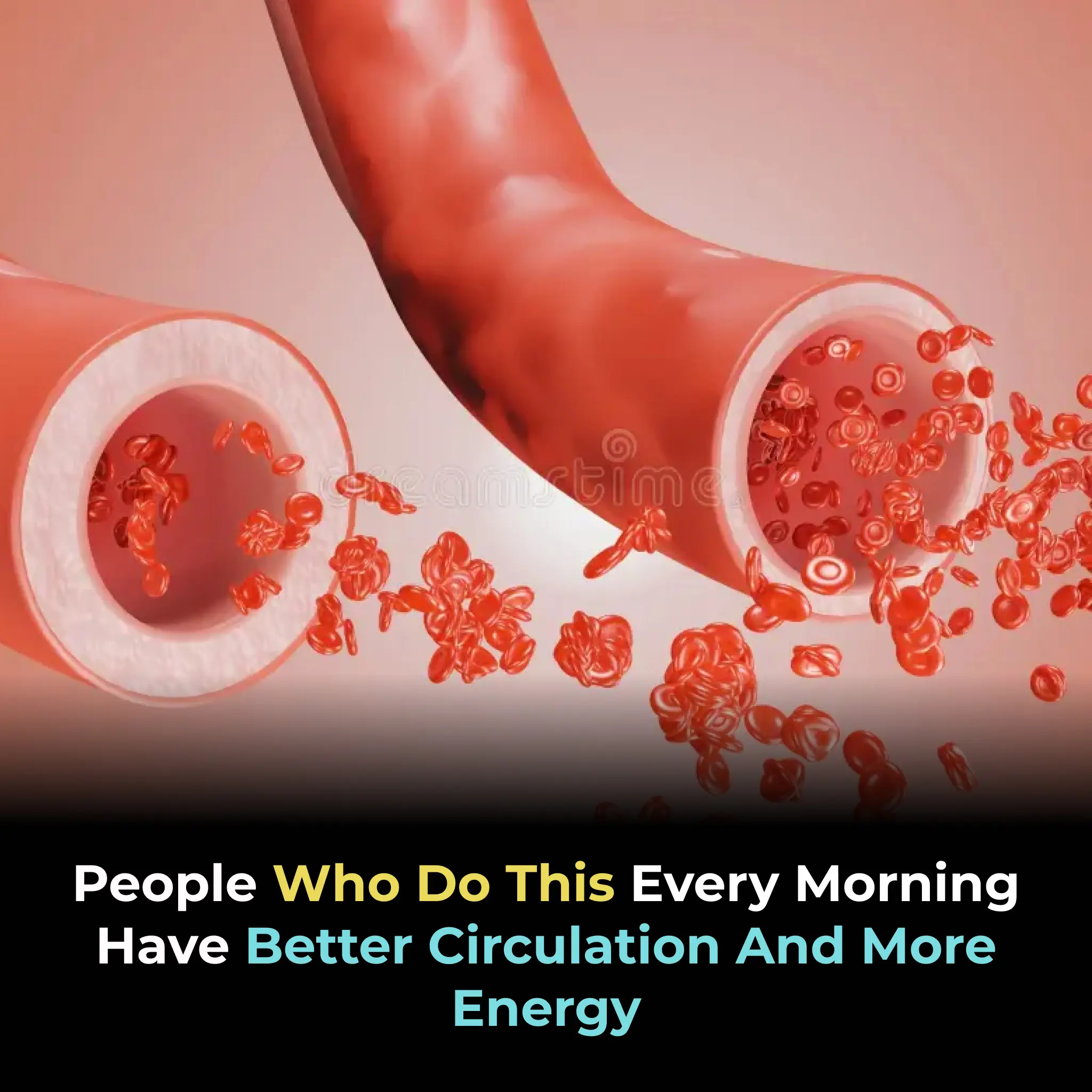
People Who Do This Every Morning Have Better Circulation and More Energy

12 warning signs of poor circulation in your legs.

Treating Nail Fungus Naturally

7 ways to protect your heart during the winter months

Unexplained Bruising on Your Body: Causes and Treatments

Coconut water: Is It Good for You, Nutrition, Benefits, Side Effects (Science Based)
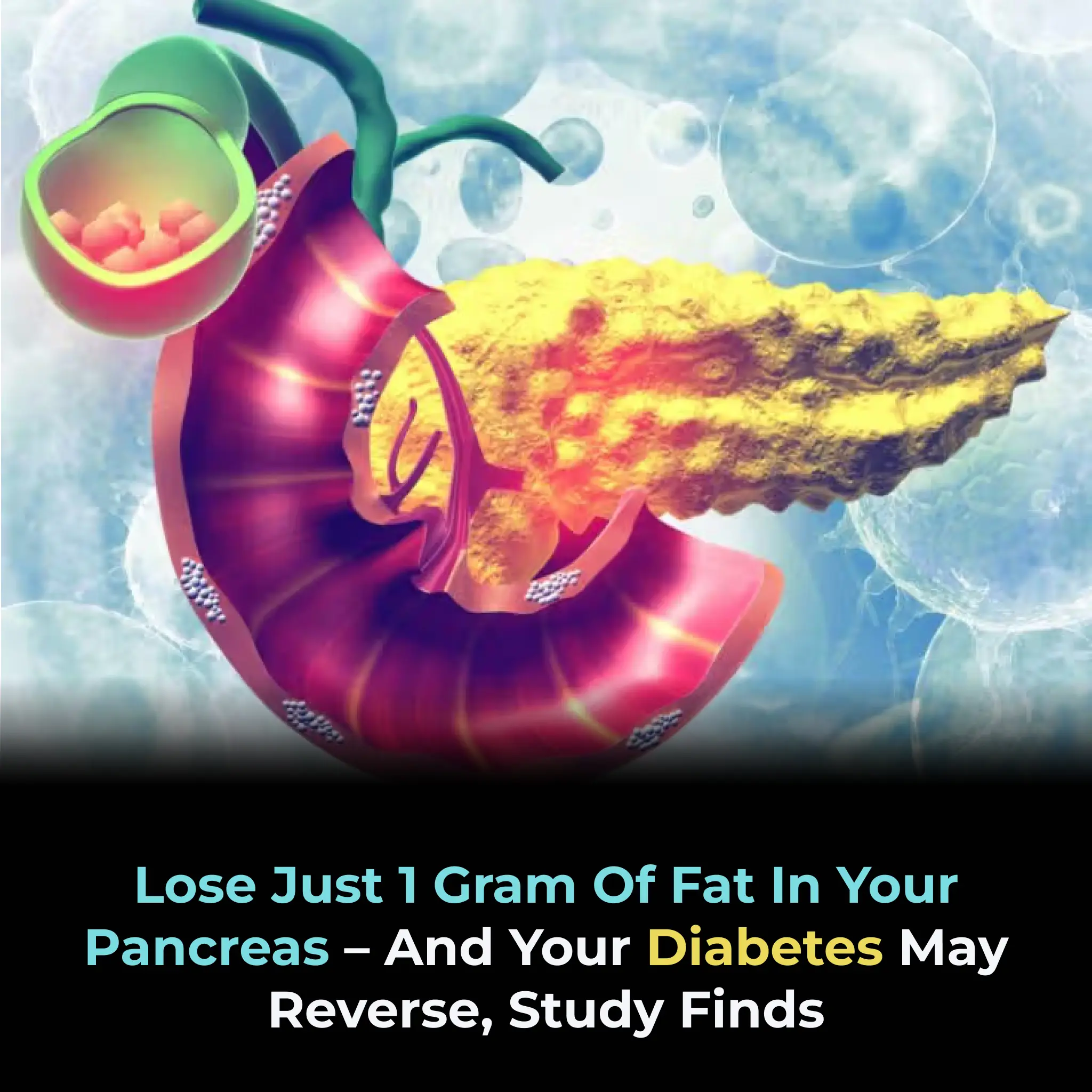
Lose just 1 gram of fat in your pancreas – and your diabetes may reverse, study finds

Doctors warn about 7 overlooked prostate cancer signs you should never ignore
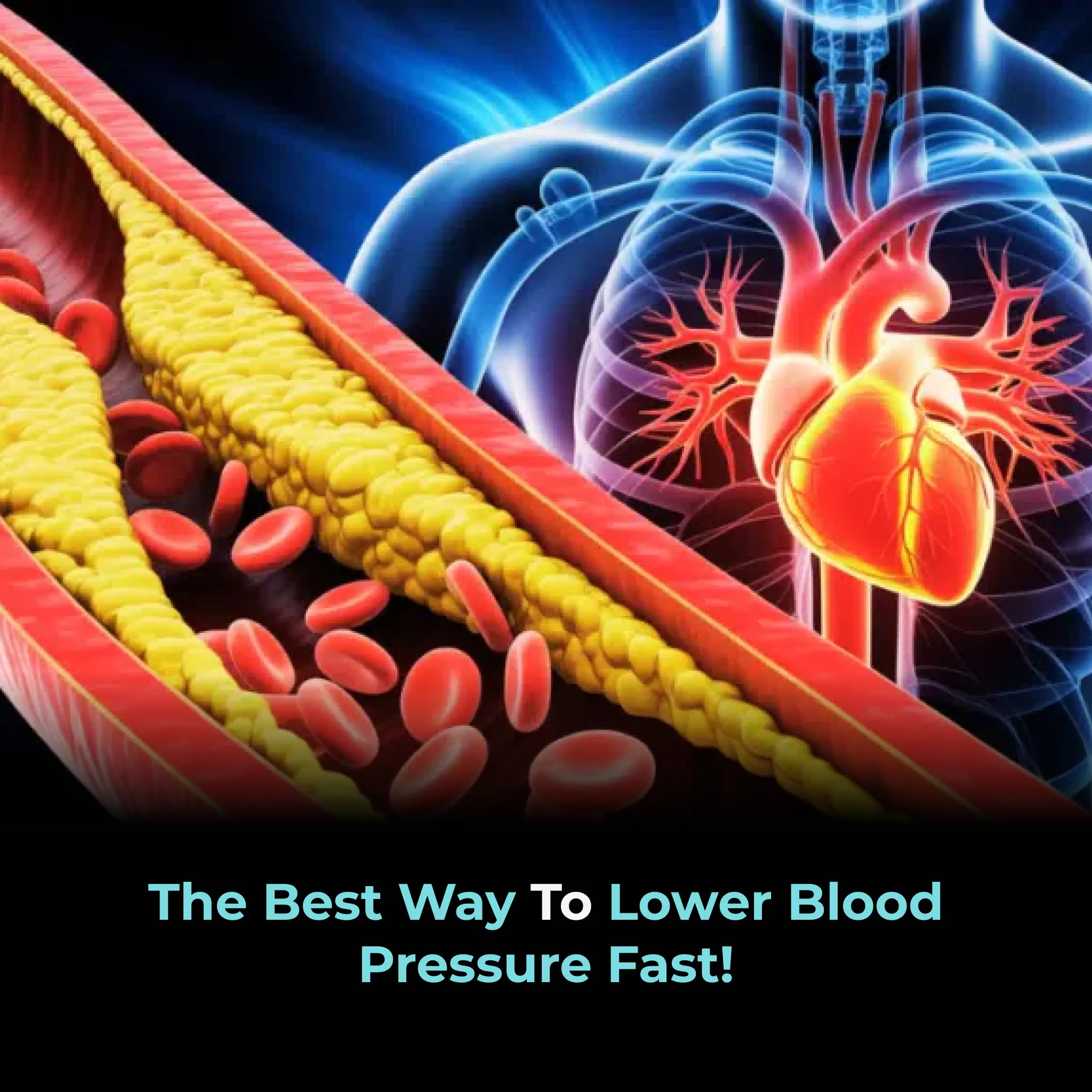
The best way to lower blood pressure fast!
News Post

When a Woman Bites Her Lip While Staring at You, It Means She Is ...

Have you noticed small white spots on your arms or legs… and you don't know what they are?

4 Best Clove Toners for Beautiful Skin

How Europe Says "Street": A Multilingual Journey Through Language and Culture

Never Toss Banana Peels Again: The 2,000-Year-Old “Trash” Trick That Erases Wrinkles, Heals Scars, Whitens Teeth & Drops Blood Pressure Overnight

A New Dawn for Chronic Kidney Disease Treatment: From Management to Possible Remission

A Butterfly, A Flute, and Unshakable Composure: The Legendary Performance of Yukie Ota

The $5 Kitchen Secret: Why You Should Be Brushing Your Teeth with Turmeric and Baking Soda

Felix Baumgartner's Record-Breaking Jump: Breaking the Sound Barrier from Space

A Pacemaker the Size of a Grain of Rice: Revolutionizing Heart Care

Denmark’s Ground‑Breaking Proposal: Granting Citizens Copyright Over Their Face, Voice and Body to Combat Deepfakes

10 DIY Beauty Ice Cubes for Radiant, Glowing Skin

This carb is more damaging to your blood sugar than pure sugar

A neurosurgeon says your legs could predict dementia years before memory loss

Science vs. Disney: What Finding Nemo Didn’t Tell You About Clownfish

U.S. Grocery Costs Hit Record High: Families Now Spending Over $1,000 a Month

When Mating Turns Dangerous: The Fierce Behavior of the Sydney Octopus

Welcome to the Monkey Madness: Thailand’s Unforgettable Lopburi Buffet

Why Height Matters So Much in Online Dating — And What the Numbers Reveal
